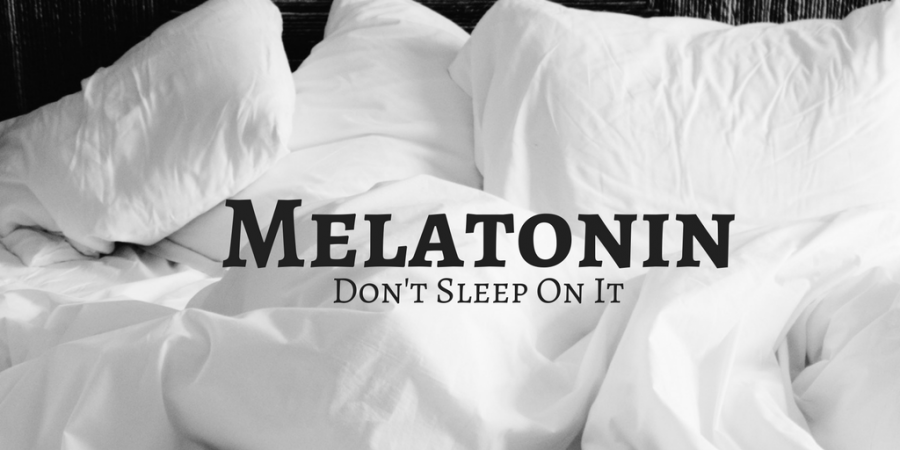
Psychotherapy can be highly effective for helping with sleep and related mood problems, and there are also excellent results from CBT-I (Cognitive Behavioral Therapy for Insomnia). What’s true for many is that sleep issues stem from problems with stress, anxiety, or depression - any of which can cause difficulty falling asleep, staying asleep, or getting deep restful sleep. The underlying problem, however, doesn’t get addressed.įor example, it might be a problem with your sleep-wake cycle related to a circadian rhythm disorder, and melatonin supplementation can’t repair that (better: well-designed light therapy). There are many reasons why we have trouble falling asleep and staying asleep, and chronic use of sleep aids, including melatonin, can “hide” the problem temporarily. Melatonin isn’t necessarily the answer, even if it does help you fall asleep more easily. Also the “warmer” (more yellow) the light from your lamps, the better, since “cooler” lighting tells your body it’s daytime, defeating your body’s preparations for sleep.įor more on sleep, controlling blue light, and melatonin, check out this other post I’ve written.Ĥ. So (and you’re not gonna like this, sorry): Two to three hours before your intended bedtime, turn off the electronic screens (or at least use an effective blue light filter), and turn down the ambient lighting. If you correctly take melatonin 2-3 hours before you want to fall asleep, but you continue to be exposed to bright light or “blue light” (such as every electronic screen you own, from your mobile phone to the TV), your body is getting mixed messages, and taking melatonin won’t help.

(Note that if you have higher dose melatonin and want to try to reduce the dose by cutting the pills, you shouldn’t cut time-release melatonin – it effectively means you’re taking more all at once.)

At most, the average adult should take no more than 2mg to help with sleep, and there are studies showing that even that is often too much – the correct dose might be closer to just 5% of that (100 to 150 micrograms, depending on size and weight). I cringe when I hear that people have been taking 10mg doses. In the US, we tend to think that if a little helps, more is better… definitely not so in the case of melatonin dosage, where less is more. You need to take it 2-3 hours before your planned/desired sleep time. The wrong approach, then, is what most people mistakenly do: taking it shortly before you want to fall asleep. It tells your brain and body that it’s the end of the day – it’s basically sends out the “hey, it’s getting dark” signal – and in response to melatonin’s natural increase at sundown, the body starts the rest of the biological process of winding down and preparing for sleep – which takes a few hours. Under normal circumstances, the amount melatonin we have naturally in our body rises in response to when the sun goes down (when there’s less available light).

In and of itself, melatonin doesn’t make you sleepy or fall asleep. Melatonin is not a sleeping pill, so taking it just before bedtime will make things worse, not better. Here’s some helpful information so you can actually give melatonin a fair try before deciding whether or not it can help you:ġ. Melatonin can be a very effective way to help your body sleep better – not just longer, or faster, but better, giving your brain the rest and cycles it needs to work well. And almost as often, it’s because the poor tired person has been taking it wrong. “I can’t fall asleep, but melatonin doesn’t work for me.” Sleep eludes a lot of us, so I hear this fairly often.


 0 kommentar(er)
0 kommentar(er)
